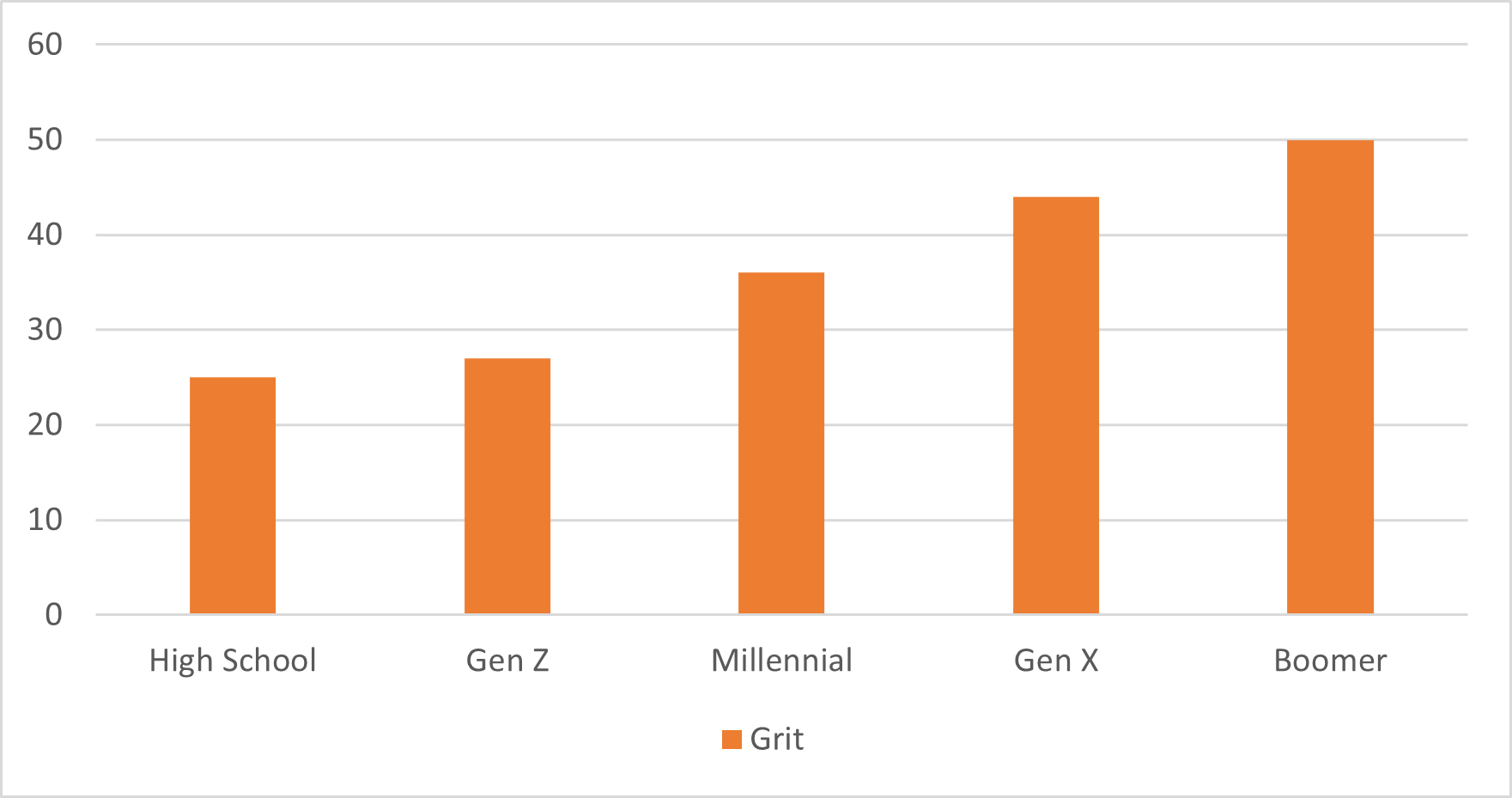
Switching careers when you're 30 might feel a little scary. It's harder to change jobs as you get older. We all have a clock inside us that ticks away, and we can't stop it.
But you know what? Even at 30, it's not too late. You can still make a change if you have enough time and energy.
If you want to switch careers at thirty, even if you don't have a college degree, there are a few steps you can follow to make the most of your time.
Here's a guide to help you go from feeling unsatisfied with your job to getting the job you've always wanted.
Step 1: Choosing a New Career
Time matters. You're still young, but you don't have as much time as someone who started their career journey at 18. If you're not happy with your job now, start making changes soon! Don't delay because you think you don't have enough time or knowledge. You can start by learning about different jobs, understanding your skills and what you're good at, and figuring out what type of job suits your personality.
Make a list of five things you're interested in. Look online to find out what each job involves, talk to people who work in those jobs, read articles by experts, and understand what the work is like each day:
- Does it involve working with people or animals?
- Is it more about analyzing things? Like working with facts and numbers instead of people?
- Do you need specific skills that can be measured?
- Is the work indoors or outdoors?
- How much flexibility does the job offer in terms of time?
- Will there be many meetings?
Most importantly, do you know yourself well enough to figure out what kind of work environment matches your personality and skills?
One great way to do this is by taking a career match quiz that gives you information about yourself and the types of work that would be fulfilling for you. This is important because your personality and style are a big part of who you are, and it's not easy to change them. It's best to find a job that matches how you are naturally wired.
Step 2: Get Ready
If you're switching to a different type of job, you might need more qualifications. At 30, it's important to speed up this process.
If you work in skilled trades, you're in luck. You can do paid apprenticeships where you work and train at the same time. This means you can earn money while you're getting qualified.
For education, online courses could be a good choice. They're usually faster than traditional college courses, which saves you time.

You can also choose something you're already pretty good at. For instance, if you were a pilot in the military, becoming a commercial pilot makes sense. You won't have to do as much new learning as someone who's never flown before.
Step 3: Create Your Career Change Plan
If the idea of changing careers at 30 scares you, remember that having a good plan can make everything easier. Before you start getting ready for your new career, you need a clear plan that explains what you'll do at each step.
Let's say you want to become an electrician.

Your plan could start with talking to people in the field and making connections. Then, you'd work on making a good resume, applying for apprenticeships, learning about tools, buying tools, and transitioning from your current job to your new apprenticeship in a smooth way, so you keep a good relationship with your current boss.
Your plan will be different based on what you want to do and what you have. The best plan will give you clear steps to get closer to your goal. This is where the research you've done and the people you've talked to will really help!
Step 4: Take Action
Most of the hard work happens in the planning phase we talked about earlier. Once you have a plan, it's all about doing it.
But this can be tough because now you're not just thinking about it, you're actually doing things that matter. That takes bravery.
Thankfully, there are some tips that can make it smoother.
First, make sure you keep making money. Unless your new apprenticeship pays, you still need money for your family.
Don't quit your job and rush into your new career. Try to do all these tasks in your free time, and consider using vacation time. It's much harder if you don't have money coming in for basic needs and the plan.
Also, don't forget to make connections.
Having friends in the business world can help you get good jobs faster. If you build good relationships while you plan, you can rely on those connections to help you now.
That person you met on a website like LinkedIn might introduce you to their boss, or a CEO whose blog you've been reading might notice your efforts and give you a chance.
Step 5: Be Quick, but Don't Rush
Even though you might want to move really fast at 30, don't skip the part where you learn more about yourself and what kind of work you like. Take a test that helps you understand your work personality. Spend time thinking about it. Ask yourself if it makes sense and if it matches how you see yourself and work. Look at the suggestions it gives and do more research!
If you spend a year or two learning what will work for you, getting ready, and preparing, you might find a job you love for a long time. But if you rush and don't take time to think about careers and options, you might end up looking for a new job again in 5 years.
Use Innate's career match quiz to find the careers that would be the best fit for you.
If you're still wondering if you can change careers at 30, remember that time matters. The most important thing is to decide what you want to do, not whether you can do it.
So, why not make this process easier with our career change quiz? This will give you information about how good a fit your current job is, how you deal with change, and what career moves would be best for you.
Innate can suggest good jobs based on what you're good at, what you like, and how you are as a person.
You still need to learn about the jobs it suggests, but it can speed up the process of changing careers at 30. Give it a try today!


